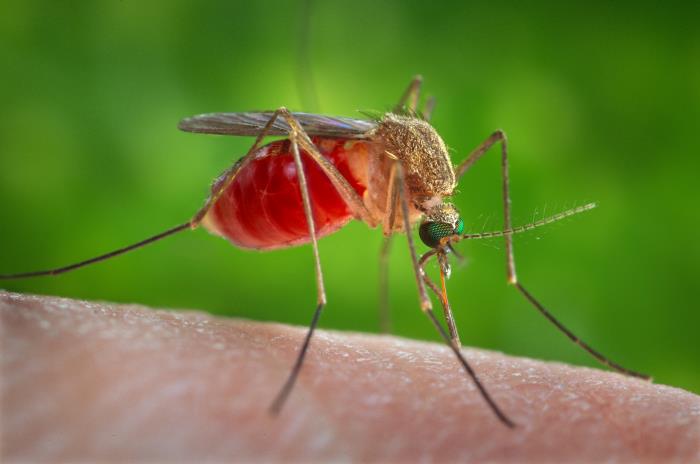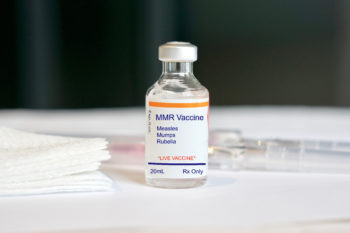A San Marcos woman died on September 15 from a probable case of West Nile virus, the San Diego County Health and Human Services Agency announced today.
Although the woman had underlying medical conditions, initial tests indicate West Nile virus was the probable cause of death, the first this season of a county resident. The California Department of Public Health will confirm the local test findings.
“The unfortunate death of this woman is a reminder that the public should take precautions to avoid being bitten by mosquitoes, which transmit West Nile and other viruses,” said Wilma Wooten, M.D., M.P.H., County public health officer.
There have been eight confirmed and three probable cases of West Nile virus in county residents so far this season, all of which were acquired locally. West Nile virus is carried by mosquitoes. Mosquitoes can transmit West Nile virus to people by feeding on infected birds and then biting humans. The mosquito species that transmit West Nile virus are different from those capable of transmitting the Zika virus.
County Department of Environmental Health Vector Control Program staff members are conducting inspections near the woman’s home to check for potential sources of mosquito breeding. Vector Control also sets traps in the area and is sending notifications to nearby residents.
The County Vector Control Program has already collected more infected dead birds and batches of mosquitoes infected with the virus in 2016 than it has in recent years. They have identified 250 dead birds and 99 batches of mosquitoes that tested positive for West Nile virus to date in 2016. At this point in 2015, the County had collected a total of 182 dead birds and 29 mosquito batches that tested positive for the virus. Last year was also the deadliest year ever in San Diego for West Nile virus, with six deaths among the 44 human cases reported.
Eighty percent of individuals who become infected with West Nile virus will have no symptoms. Twenty percent of those who do get sick have mild symptoms of headache, fever, nausea, fatigue, skin rash or swollen glands. One in 150 of those infected with the virus will have serious neurologic complications that can be life threatening. The risk of complications increases for those over age 50 and people with weakened immune systems.
County officials reminded the public that they can protect themselves by following the County’s “Prevent, Protect, Report” advice.
Prevent mosquito breeding: Dump out or remove any item inside or outside of homes that can hold water, such as plant saucers, rain gutters, buckets, garbage cans, toys, old tires, and wheelbarrows. Mosquito fish, available for free by contacting the Vector Control Program, may be used to control mosquito breeding in backyard water sources such as green swimming pools, ponds, fountains and horse troughs.
Protect yourself from mosquito bites: Protect yourself from West Nile virus by staying inside when most mosquitoes are most active, at dusk and dawn. Wear long sleeves and pants or use repellent when outdoors. Use insect repellent that contains DEET, picaridin, oil of lemon eucalyptus, or IR3535. Make sure screens on windows and doors are in good condition and secured to keep insects out.
Report dead birds and green swimming pools: Report dead crows, ravens, jays, hawks and owls, and green swimming pools or other breeding sources to environmental health’s Vector Control Program by calling (858) 694-2888 or emailing vector@sdcounty.ca.gov.
For more information about West Nile virus, go to San Diego County’s “Fight the Bite” website.






